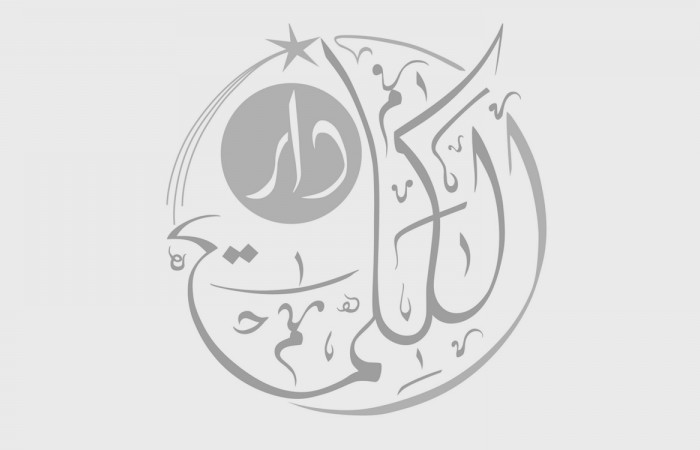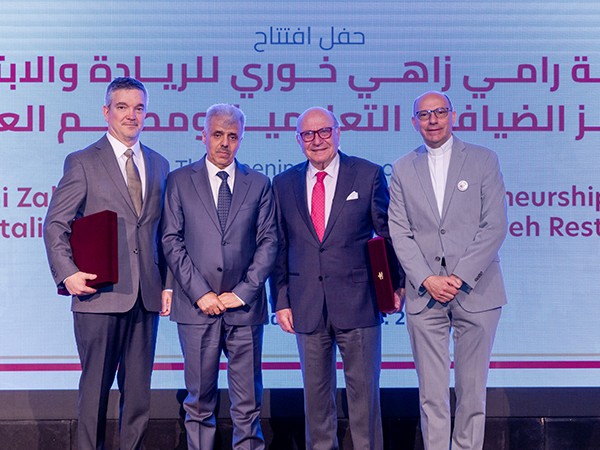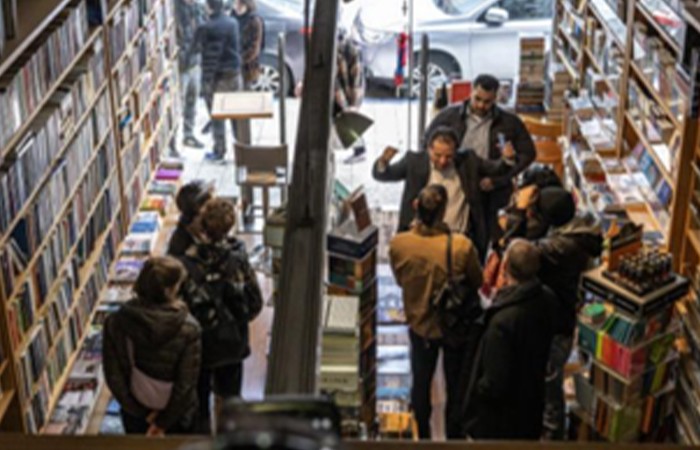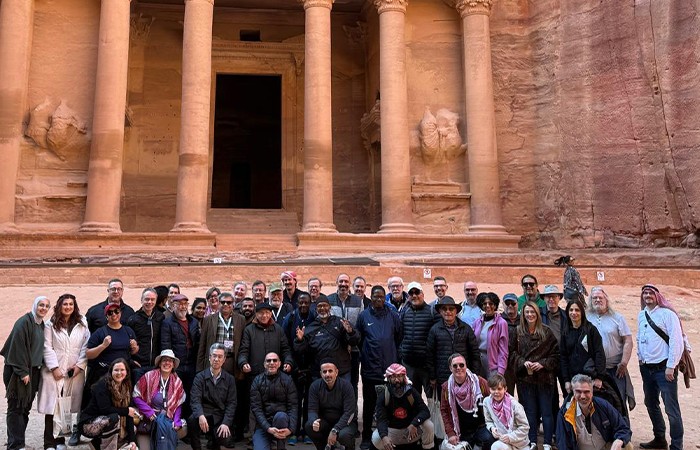Latest News
As part of the Erasmus + program, Dar al-Kalima University has partnered with Universities in Europe, North Africa and Asia, including Palestine, to develop a curriculum for Art students, for the film students in the case of Dar al-Kalima University, to enhance their education and facilitate employment upon graduation.
Over the last years, the importance of the so-called cultural and creative industries has greatly increased. Today, cultural, and creative industries are recognized driving factors for socio-economic development and according to global demand, also stimulated by the new economy. Indeed, Cultural and Creative industries sector is an important player in the economic and political context, and its strength lays on its ability to encourage both competitiveness and inclusiveness in different fields of business, although its further development still encounters certain obstacles. Several studies have been produced on the impact of creative industries on the national economy in several countries and regions, but little has been reported on the impact of such new economic frameworks on artists as subjective motives, learning approach, mismatch between learning and teaching methods, underlying decisions to adopt or not the role of entrepreneurs.
MUSAE, putting together HEIs from countries with both low and very good performance in creative economy, intends to identify effective methods and tools enabling students to perceive that the acquisition of the new skills, even though apparently far from their subject, is fundamental for their future employment, especially if the training programs are developed in an international and multidisciplinary context.
For more, please see the link of MUSAE’s webpage
.jpg)







